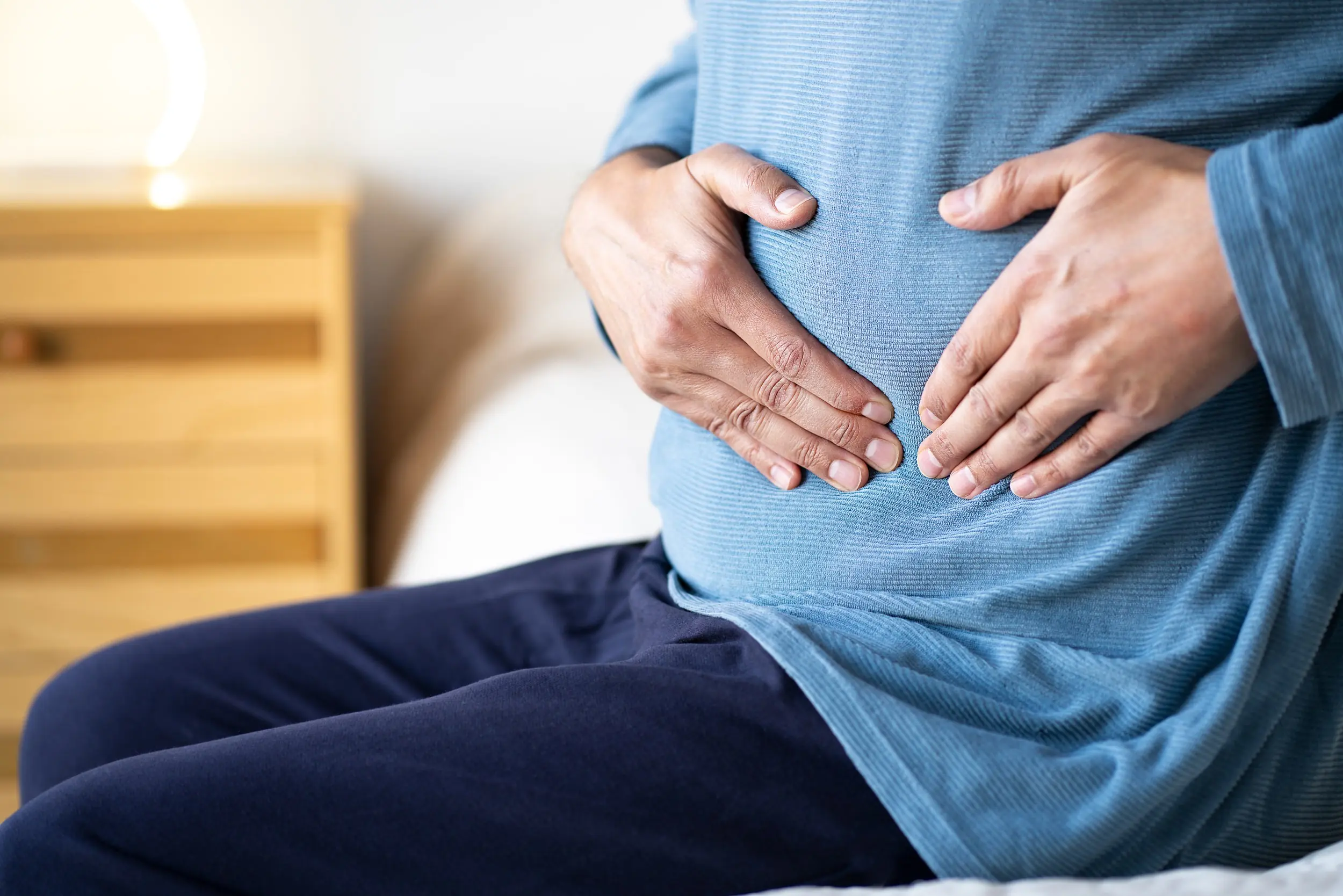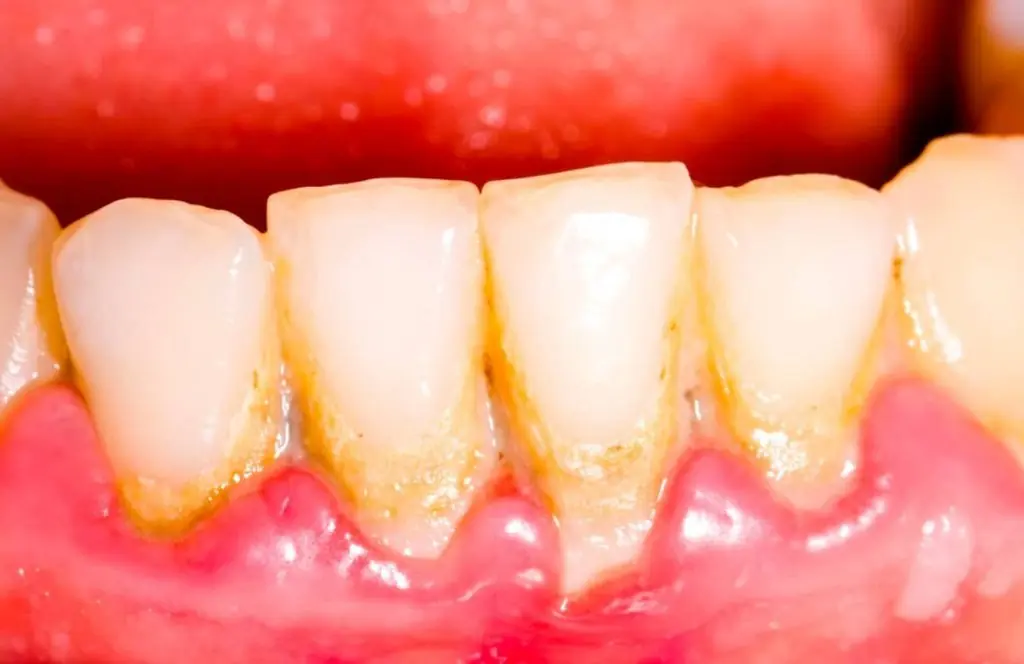
Experts Uncover the Worst Sleep Position for Your Body—And Most People Still Use It!
When it comes to health, sleep is not just a daily timeout - it’s a foundational pillar. Yet most people don’t realize that how you sleep may be silently sabotaging your well‑being. Waking up with neck aches, bloating, fatigue, or digestive issues could all link back to your sleep posture. Today, we’re exposing the sleeping positions that may be secretly harming you - and revealing what works best.

Sleeping Positions That May Be Ruining Your Health - Without You Knowing
1. Sleeping on Your Stomach: Why It’s Riskier Than You Think
Though it may feel relaxing, sleeping on the stomach is widely considered one of the worst postures for your neck, spine, and even lungs. In this unnatural position, your trachea is compressed, your neck is forced into a twist all night, and circulation becomes impaired.
Common Consequences Include:
- Chronic neck and lower-back pain
- Increased risk of sleep apnea
- Shallow or labored breathing
- Early development of facial wrinkles from prolonged pressure
Even if it seems harmless, this posture causes undue stress on your spinal alignment and breathing pathways - undermining restful sleep.

2. Sleeping on Your Right Side: Not Ideal for Guts or Hearts
Sleeping on the right side is often seen as better than lying face-down - but it still comes with risks. This position increases pressure on the liver, stomach, and heart, and may worsen acid reflux or digestive discomfort.
Potential Risks:
- Elevated acid reflux and slow digestion
- Poor circulation around vital organs
- Lymphatic congestion in the upper body
While it might be comfortable for some, right-side sleeping isn’t recommended for those with heart or gastrointestinal conditions.

Sleeping on Your Left Side: Your Body’s Best Ally
Both modern research and longtime medical advice converge on one recommendation: the best sleep position is on your left side. This posture supports optimal lymphatic drainage, digestion, and circulation - all while reducing stress on your organs and spine.
Key Health Benefits:
- Minimizes acid reflux and heartburn
- Speeds up digestion via gravity-assisted flow
- Reduces strain on the heart, making each pump more efficient
- Supports lymphatic drainage, reducing toxins
- Eases bloating by gentle relief of abdominal pressure
Especially Recommended For:
- Individuals with gastritis, heartburn, or acid reflux
- Pregnant women wanting better fetal and maternal circulation
- People with heart conditions or digestive disorders
Switching to left-side sleeping may take adjustment - but the health payoffs can be significant.

Why Does Your Neck Hurt When You Wake Up?
This is one of the most frequently asked health questions. In nearly every case, neck pain on waking is rooted in poor alignment - from bad posture, an inappropriate mattress, or the wrong pillow height.
When neck and spine aren’t aligned, muscles and nerves stiffen overnight - leading to pain, restricted motion, or even migraines.
Recommended Fixes:
- Use a specially designed ergonomic memory-foam pillow
- Select a medium-firm orthopedic mattress for spinal support
- Side sleeping? Place a small pillow between knees to reduce lower-back strain
Together, these adjustments help maintain alignment, promote comfort, and encourage uninterrupted sleep.
Is Your Mattress Secretly Causing Health Issues?
Your mattress can be either your sleep ally or your sneakiest saboteur. A mattress that’s too soft, too firm, or worn out can interfere with posture, circulation, and sleep quality - leading to chronic aches or even insomnia.
A high-quality orthopedic mattress:
- Supports lumbar and spinal alignment
- Enhances blood flow by reducing pressure spots
- Delivers higher sleep quality and less tossing-turning
Remember: investing in a durable mattress is not a luxury - it’s a key investment in your long-term well-being.

Kids Need Good Posture, Too
Children’s sleep posture has a surprising impact on their growth, development, and neurological health. Poor sleeping habits can lead to issues like scoliosis, early muscle pain, breathing disorders, or chronic sleep disruption.
Ensure your child has:
- A firm, supportive mattress suited to age
- A pillow sized appropriately for their head and neck
- Consistently healthy sleep habits like regular bedtimes and screen-free wind-down
Supporting good posture early gives children a foundation for lifelong health.
Smart Habits to Improve Your Sleep Posture
Incorporate these simple, practical habits to dramatically boost the restorative power of rest:
- Maintain neutral alignment: head, neck, and spine should form a straight line
- Use a pillow that doesn’t props your head too high
- Sleep on your side, ideally left, with knees slightly bent
- Avoid sleeping on couches or sloped surfaces
- Rotate and replace your mattress every 7–10 years to preserve support
Even small tweaks can transform the quality of your sleep - and your overall health.

Final Thoughts: Rest Well. Live Well.
Your sleeping habits - especially your position - can either restore or undermine your health. Quality sleep doesn’t just depend on duration; how you sleep matters just as much.
From digestive wellness to posture and emotional resilience, choosing the right mattress, pillow, and nighttime posture can improve nearly every aspect of your daily life. A good night’s sleep costs nothing - yet poor sleep can cost you your health.
Prioritize restful posture, invest in proper support, and reap the long-lasting benefits of truly restorative rest.
News in the same category


15 Early Warning Signs That Cancer Is Spreading In Your Body

Natural Ways to Remove Dental Plaque That Are Never Shared in Clinics

Chagas Disease and the Fight Against Nighttime Bugs

Scientists Share Breakthrough Findings From Male Birth Control Pill Trial And Explain How It Actually Works

7 Warning Signs of Lung Cancer You Shouldn’t Ignore

80% of Heart Attacks Can Be Prevented—Just Do These 5 Easy Things

Vaping Dangers: Popcorn Lung, Cancer, Hypertension, Brain Damage and More

Warning Signs of Zinc Deficiency and How to Cure It

Ginger Should Be Avoided When Taking Certain Medications or Having Certain Health Conditions

Is It Safe to Wear Underwear Two Days in a Row? Experts Weigh In

Just one spoon and you’ll run to the bathroom

Cinnamon and Honey: The Most Powerful Remedy Even Doctors Can’t Explain

Why Does the Vag.ina Smell Sour? 4 Real Reasons Every Woman Should Know

Doctor Issues Your Beloved Air Fryers May Pose Cancer Risk — Urges People To Stop Using Them
Dr. Desai’s statement has stirred up intense debate online. Some viewers applauded her for raising awareness, while others remained skeptical.

8 Foods That Help Eliminate C@ncer Cells

Fibromyalgia: Symptoms and 8 Natural Ways to Manage It

The Deficiency of These Vitamins Contributes to Panic Attacks

8 Signs Your Oxygen Levels Might Be Too Low
News Post

6 Powerful Teas That Will Instantly Reduce Inflammation and Boost Your Health

15 Early Warning Signs That Cancer Is Spreading In Your Body

Natural Ways to Remove Dental Plaque That Are Never Shared in Clinics

Test Your Color Vision: Can You Read These Words?

Chagas Disease and the Fight Against Nighttime Bugs

Scientists Share Breakthrough Findings From Male Birth Control Pill Trial And Explain How It Actually Works

Should You Turn Off WiFi and Bluetooth at Night?

7 Warning Signs of Lung Cancer You Shouldn’t Ignore

80% of Heart Attacks Can Be Prevented—Just Do These 5 Easy Things

Vaping Dangers: Popcorn Lung, Cancer, Hypertension, Brain Damage and More

Warning Signs of Zinc Deficiency and How to Cure It

Ginger Should Be Avoided When Taking Certain Medications or Having Certain Health Conditions

Insane amount of money viral 'Storm Area 51' stunt cost the US military

Scientists explain 'puzzling blob' heading straight for New York City that's hidden 200 kilometers below our feet

The Second Lunch: How One Quiet Act Sparked a Schoolwide Movement.

The Wild Soul Who Chose Me: A Farewell to Nawty.

My Husband Said He Was Helping His Brother Fix the Roof After Work for Two Weeks – Then I Ran Into My SIL and Heard the Shocking Truth

My New DIL Shamed My Granddaughter Over a 'Cheap' Gift – She Didn't Expect the 'Surprise' I Had in Store for Her

At Our Baby's Christening, My FIL Ran Into the Church and Screamed, 'Stop! This Is the Wrong Baby!'
